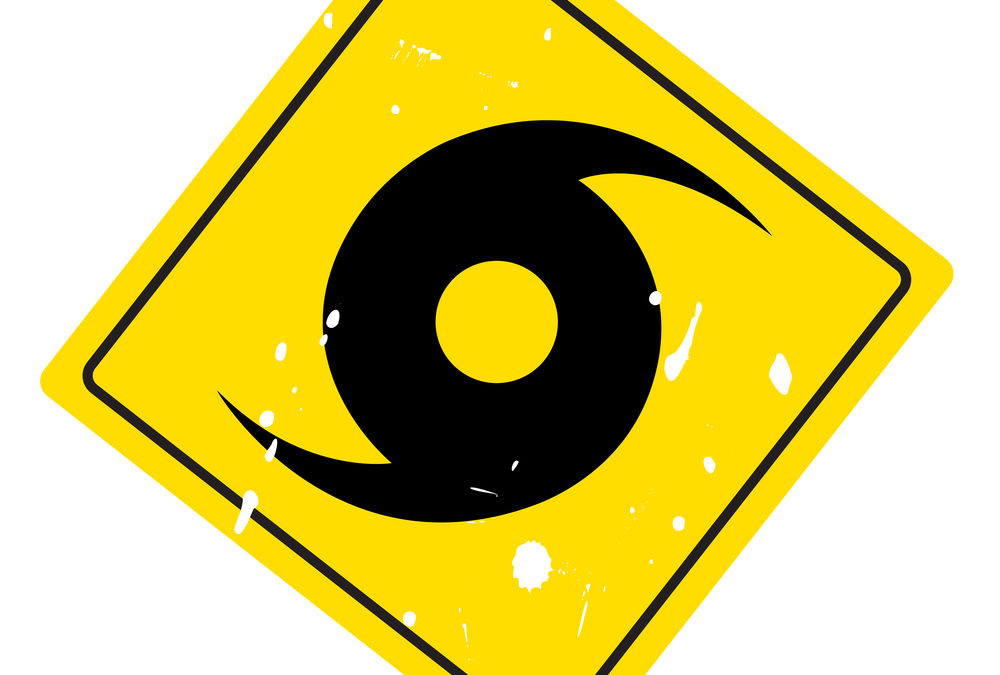The Atlantic hurricane season started June 1 and runs through November 30, with September the most active month for storms. Hurricanes can affect areas that are more than 100 miles inland, due to heavy rainfall, high winds, possible tornadoes, landslides, and flooding. To help keep you and your loved ones safe, take these steps now to prepare for a hurricane or other emergency:
- Talk to family members about a communication plan in the event of a disaster, sign up for local alerts and warnings, and know what the evacuation routes are in your community and where emergency shelters are located.
- Stock emergency supplies and have a “go bag” ready in case you are required to evacuate your home. If you have pets, prepare an emergency bag for them as well. A “go bag” should include a 3-day supply of nonperishable food and water, a flashlight, batteries, a first aid kit, medications, emergency blanket, sanitation and personal hygiene items, a cell phone and charger, and extra cash. The Red Cross has lists of home emergency supplies and items to keep stocked in a “go bag.”
- Keep important documents such as insurance policies in a safe and waterproof place. Ideally, scan important papers to a flash drive so that you have the information accessible if you need it.
- Have a plan to protect your property, such as storm shutters or plywood that can be used to board up windows. Know where you would store outdoor items that could be blown away.
- If you have flood insurance, review the policy to know what it covers.
If authorities advise or order an evacuation, take the “go bag” and leave immediately, following posted evacuation routes. If you are not in a mandatory evacuation zone and stay at home to ride out the storm, remember that you may still lose electricity and water. High winds may knock down trees and make roads impassable for days. Clean and fill containers with water for drinking, and fill the bathtub for water for toilet flushing and cleaning. You can also fill your washing machine with ice and keep items in it that need to stay cold.
If you have evacuated your home, don’t return until cleared to do so by the authorities. Flood waters in particular can be dangerous and contain sewage, dead animals, gasoline and chemicals, power lines, and other harmful debris. For more tips and information, see FEMA’s helpful guide on hurricane preparedness.
The team at Givng Tree is experienced in hurricane preparations for elderly persons. If we can help, please contact Brittany Fortmayer, by phone at 228-467-5900, or via e-mail at info@www.givingtreeseniorcareoptions.com.
We also invite you to click here and choose to Like and Follow our Facebook page as we provide regular updates to help families caring for seniors.






